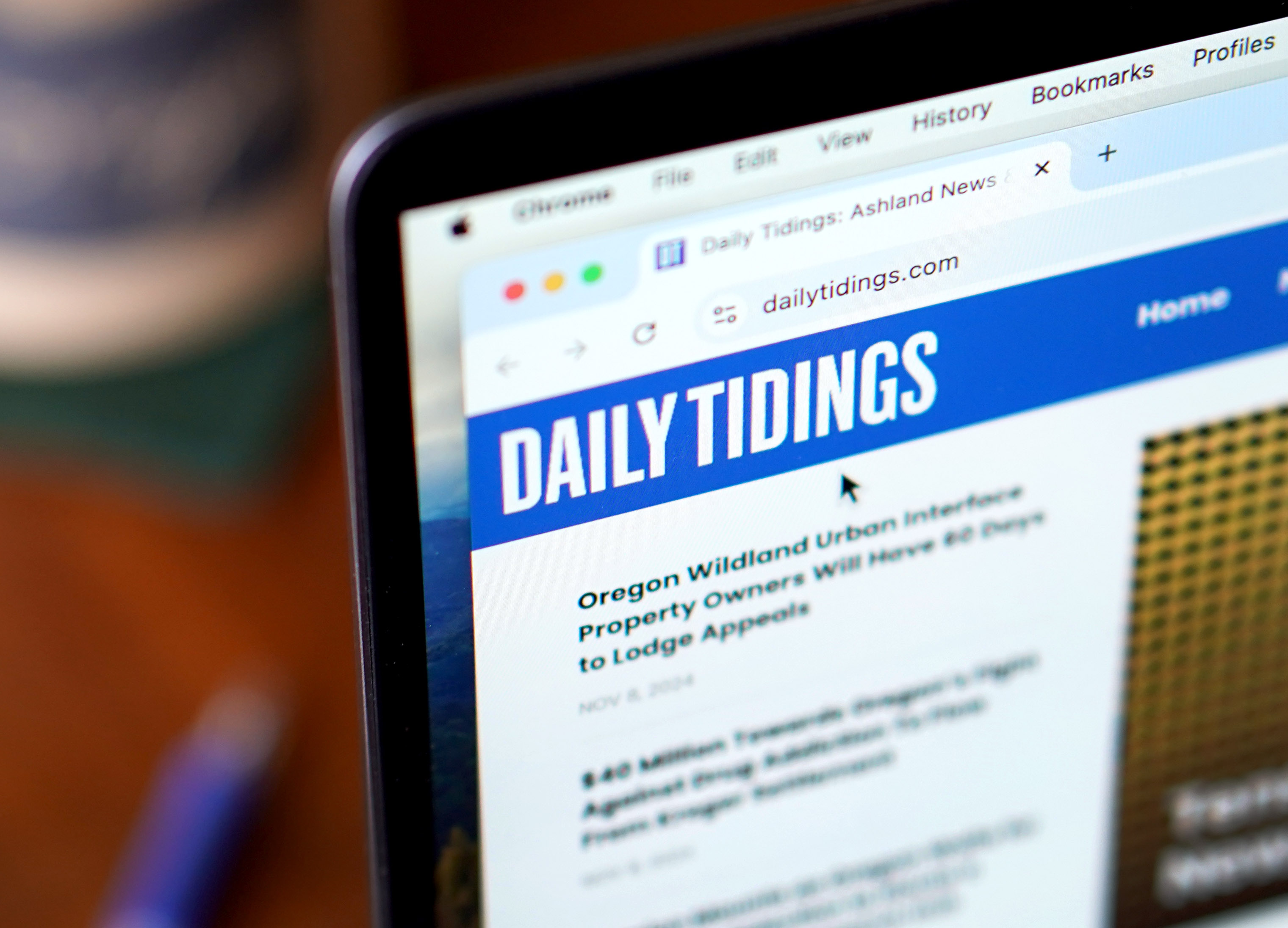The Value of Fact-Checking in the World of News Online
The frequency of false information in today's on the internet news landscape has actually reached worrying levels. Fact-checking companies play a crucial role in neutralizing this trend. They validate claims and boost the reliability of journalism. The effectiveness of these organizations often hinges on their methods and public perception. As target markets navigate this intricate atmosphere, the effects of their searchings for might form the future of news consumption and count on. What does this mean for the stability of information progressing?

The Surge of Misinformation in the Digital Age
Just how has the arrival of electronic technology contributed to the spread of misinformation? The quick development of the web and social networks systems has actually assisted in the circulation of details at an unmatched pace. Customers can share write-ups, videos, and opinions with a simple click, frequently without confirming the web content's accuracy. Formulas prioritize mind-blowing or emotionally billed material, leading to an expansion of deceptive narratives that capture interest.
In addition, the anonymity afforded by electronic platforms permits individuals to spread false details without accountability (stnews.live). False information grows in echo chambers, where users are revealed mainly to viewpoints that reinforce their beliefs, further lodging falsehoods. The saturation of information can overwhelm individuals, making it challenging to discern reputable sources from unstable ones. Subsequently, false information has actually come to be a prevalent concern in the electronic landscape, impacting popular opinion and rely on legitimate news sources
The Role of Fact-Checking Organizations
Fact-checking companies play a crucial function in enhancing the reputation of journalism by validating cases made in news reports. Their initiatives are vital in combating false information, ensuring that precise info prevails in the electronic landscape. By holding media electrical outlets responsible, these organizations add substantially to educated public discourse.
Enhancing Credibility in Journalism
While false information proliferates in the electronic age, fact-checking organizations play a necessary function in boosting the reputation of journalism. These companies meticulously confirm cases made in newspaper article, public declarations, and social media messages, making sure that details distributed to the general public is exact and reliable. By providing independent analyses, they act as a crucial resource for journalists, aiding them maintain high criteria of stability. Furthermore, their initiatives advertise transparency in media, promoting public trust. As target markets come to be progressively discerning, the presence of reputable fact-checking entities can distinguish trustworthy news sources from those that might spread fallacies. Ultimately, the commitment of fact-checking companies to maintain truthfulness is crucial for the health of democratic discussion.
Combating Misinformation Successfully
As misinformation remains to spread out quickly across electronic platforms, the function of fact-checking organizations ends up being significantly essential in the fight for exact info. These organizations work as guard dogs, scrutinizing claims made by public numbers and media outlets to ensure accountability. By employing rigorous study methods and professional evaluation, they confirm facts and clarify deceptive narratives. Their findings are disseminated via various channels, informing the public and cultivating essential reasoning. In addition, partnerships with social networks platforms improve their reach, enabling punctual flagging of false details. As electronic literacy grows, the impact of fact-checking companies is essential in equipping audiences to recognize reality from falsehood, ultimately contributing to a more educated society.
Just How Misinformation Affects Public Understanding
False information significantly threatens count on media, leading audiences to wonder about the reliability of news resources. Therefore, individuals usually move towards outlets that enhance their current beliefs, adding to the polarization of opinions. This vibrant produces a fragmented info landscape, where shared understanding comes to be significantly difficult to attain.
Rely on Media

Count on in media has actually become progressively delicate in the digital age, where the rapid spread of incorrect info can alter public assumption. As misinformation proliferates throughout social media and on-line platforms, audiences usually find it testing to determine reliable sources from unstable ones. This uncertainty fosters hesitation, leading numerous people to question the objectives behind news reporting. Subsequently, rely on established media outlets has reduced, as consumers progressively transform to alternate sources that might do not have extensive content criteria. This erosion of depend on not only influences specific beliefs but also undermines the cumulative capacity to participate in notified discussions. Ultimately, the stability of journalism is at risk, highlighting the vital demand for reliable fact-checking to bring back self-confidence in the media landscape.

Polarization of Opinions
The raising apprehension towards standard media has actually added to a growing polarization of opinions among the public. False information, commonly disseminated with social media and on-line systems, plays a substantial function in shaping distinctive ideological splits. Individuals often look for details that lines up with their pre-existing beliefs, enhancing their perspectives while disregarding opposing perspectives. This resemble chamber impact magnifies divisions, resulting in a fragmented public discussion where consensus becomes significantly elusive. In addition, sensationalized narratives thrive in this setting, additionally skewing public assumption and fostering suspect in credible resources. As polarization rises, the necessity for effective fact-checking comes to be vital to link spaces and advertise notified conversations, ultimately making sure a much more natural culture efficient in navigating intricate issues.
Strategies for Efficient Fact-Checking
Effective fact-checking counts on an organized strategy that includes comprehensive research, confirmation of resources, and critical analysis of insurance claims. A foundational method is cross-referencing details from several trustworthy my review here resources to confirm its accuracy. Fact-checkers typically use specialized databases and archives to map the beginning of particular declarations, ensuring that the reported details aligns with documented evidence.
Another essential technique involves scrutinizing the context in which insurance claims are presented. Misleading information can occur from out-of-context quotes or selective information usage. By taking a look at the more comprehensive narrative, fact-checkers can determine possible prejudices or misconceptions.
Engaging with experts in pertinent fields can offer clearness and insight that improves the fact-checking procedure. This cooperation can reveal subtleties that laypeople might neglect - stnews.live. Ultimately, a self-displined strategy integrating these methods promotes a more enlightened public, boosting the integrity of info shared in the digital age
The Influence of Social Media on News Usage
How has social media sites transformed the method people eat news? The introduction of platforms like Facebook, Twitter, and Instagram has significantly transformed news intake patterns. News is currently shared rapidly, allowing customers to gain access to real-time updates and involve with material through likes, shares, and comments. This immediacy has actually fostered a preference for bite-sized info, usually at the expenditure of in-depth analysis.
Social media makes it possible for individualized news feeds, where algorithms curate material based on user choices, producing echo chambers that might restrict exposure to diverse point of views. The duty of traditional news outlets has lessened as people significantly rely upon peer recommendations and trending subjects. The trustworthiness of information is often jeopardized, as sensationalism can overshadow accurate reporting. On the whole, social networks has reshaped news consumption, emphasizing speed and personalization while testing the criteria of journalistic integrity.
Empowering Audiences to Identify Reputable Resources

Furthermore, taking a look at the authorship and business history of news short articles can expose potential predispositions. Cross-referencing details throughout multiple reliable electrical outlets better improves the verification process. Using digital tools, such as web browser expansions that rate the integrity of internet sites, can likewise assist in recognizing reliable details. By actively engaging with these resources and cultivating a vital frame of mind, target markets can much better outfit themselves to recognize reliable news sources, inevitably cultivating a more educated society in the middle of the intricacies of today's media environment.
The Future of Journalism and Fact-Checking
As the media landscape advances, the future of journalism and fact-checking encounters both challenges and opportunities. The surge of electronic systems has actually equalized info dissemination, enabling diverse voices to emerge. However, this has actually additionally led to the proliferation of false information, requiring click reference durable fact-checking systems. Journalists will increasingly rely upon innovation, including AI devices, to validate truths rapidly and effectively.
Collaboration between wire service and fact-checking entities is expected to enhance trustworthiness and transparency. Target market interaction will certainly play a necessary role, as notified viewers end up being significant partners in identifying credible material.
The demand for responsibility and accuracy is likely to expand, pressing journalists to maintain high requirements in their coverage. Ultimately, the future of journalism may depend upon its ability to adjust to technical improvements while keeping journalistic stability, making sure that fact-checking remains a cornerstone of legitimate news.
Frequently Asked Inquiries
Exactly How Can I Report Misinformation I Encounter Online?
To report misinformation run into online, individuals can use platform-specific reporting devices, supply clear proof, and share the info with fact-checking organizations. Involving with area conversations can additionally assist raise awareness regarding the misinformation.
What Prevail Indicators of Misinformation in News Articles?
Usual signs of false information in newspaper article consist of spectacular headlines, lack of trustworthy resources, emotional language, irregular facts, and absence of writer credentials. Readers should seriously evaluate web content for these indicators to discern accuracy.
Exactly How Do Fact-Checkers Validate Sources?
Fact-checkers confirm sources by cross-referencing information with reliable databases, speaking with specialists, and view it checking out the original context of claims. They also examine the integrity of the resources, guaranteeing precise and trustworthy info for public usage.
What Lawful Activities Can Be Taken Versus Misinformation?
Lawsuits versus false information might consist of vilification lawsuits, cease-and-desist orders, and regulative charges. Victims can seek remedy through civil courts, while some territories impose penalties or assents on systems distributing incorrect details.
Exist Apps for Fact-Checking News On-The-Go?
Countless applications exist for fact-checking news on-the-go, including Snopes, FactCheck.org, and PolitiFact. These applications help customers confirm claims swiftly, advertising educated decision-making and cultivating a much more discerning approach to consuming news in real-time.